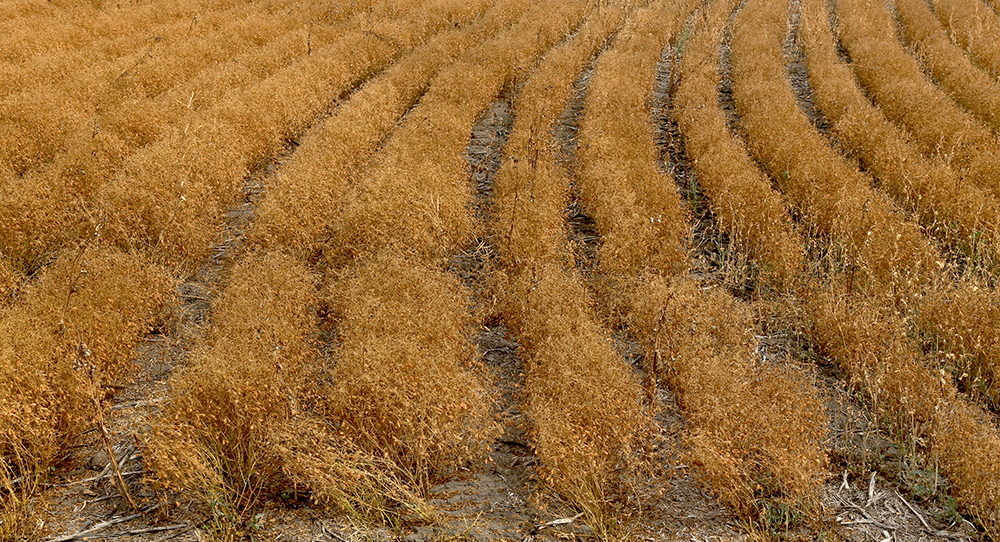India repeals ag reforms; plots new course

Indian Prime Minister Narendra Modi has repealed three controversial agriculture reform laws passed by the Parliament of India in the fall of 2020.
Hundreds of farmers died in protests sparked by the reforms and there was a huge loss in agricultural productivity.
“All said and done, it is sad,” G. Chandrashekhar, senior editor of the Hindu Business Line, told the Global Pulse Confederation in a recent interview.
“While the intention of the three farm laws was very good and positive, my strong sense is it was a major marketing failure on the part of the policymakers.”
He believes the government erred by failing to have meaningful engagement with farmers and other stakeholders before enacting the laws.
There were also weaknesses in the laws, which exposed them to legal challenges and administrative issues.
Mac Ross, director of market access and trade policy with Pulse Canada, said the laws were intended to transform the way crops are grown and sold in India.
The intent was to liberalize domestic trade, establish a framework for contract farming and revise stockholding limits for certain commodities including pulses.
“It was kind of a signal that the government of India was prepared to push for controversial but some would argue important agricultural reforms,” he said.
But farm unions in certain states were upset that the laws were being pushed through without adequate consultation. They feared changes would lead to fewer purchases through the government’s minimum support price program.
Pulse Canada is reluctant to weigh in on the reforms, saying it is a matter for India to sort out domestically.
“The big thing for us is that it did take up a lot of oxygen as far as policy discourse goes in India,” said Ross.
Now that this chapter appears to be closing, he is hopeful that India can devote more time and attention to market access issues and free trade agreement discussions with Canada.
There have been four meetings between Canada and India over the last several months where negotiators from both countries have discussed the scope of a possible “early-harvest” free trade agreement.
That might not tackle the tough issues of import duties and quotas but could address some lower-hanging fruit while negotiators attempt to hammer out a more ambitious agreement.
Pulse Canada said it would love to see an agreement that deals with longstanding trade irritants, such as fumigation requirements and weed seed concerns.
It would also like to see provisions requiring India to give ample notice before changing pulse tariffs and quotas, and rules on how to deal with shipments that are in transit when rules are changed.
Chandrashekhar said some “pessimists” say repeals of the earlier proposed reforms means the end of agricultural reforms in India.
“With due respect to all these guys, I completely disagree,” he said. “I am positive about reforms going forward.”
He believes the government will take another crack at reforms in the second half of 2022.
Chandrashekhar said he hopes it will introduce national policies that are uniformly applicable to the entire country but allow for regionally differentiated strategies.
He noted that food security is a huge challenge for India.
“It can’t be left to the market forces. There has to be a certain amount of guidance from the policymakers,” he said.
Reuters has reported that the government of India has already sent a revised proposal to farmer unions that address some of their demands, such as a new law to secure government support prices for crops beyond rice and wheat.
sean.pratt@producer.com
Source: www.producer.com

